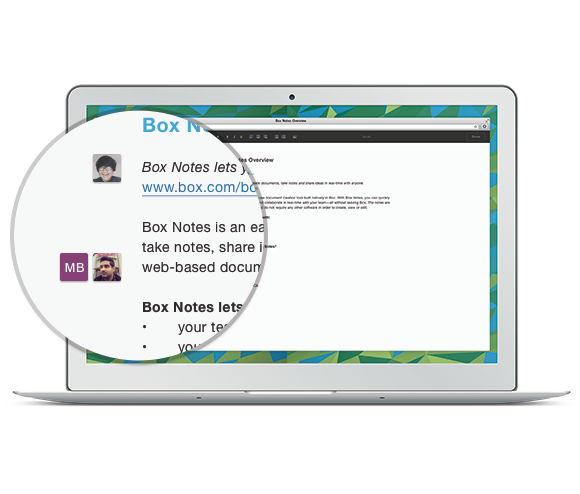For Box’s delayed IPO, timing is everything. Skepticism is mounting about whether the market can stomach the file-storage company’s large losses. So two pieces of good news last week couldn’t have come sooner.
The first: Box signed up General Electric as a customer, nearly two years after naming former GE CIO Gary Reiner to its board of directors. (There’s an acronym for this kind of deal: It’s called BDR, or board-derived revenue.)
GE is Box’s biggest customer ever, with 300,000 employees, and this is the company’s largest deal to date. At Box’s standard rates, that would bring in $54 million a year. Even if heavily discounted—and we should assume GE’s deal is—that will start helping the company’s large losses. Box spent $172 million on marketing in its last fiscal year—$48 million more than it had in revenues.
Boxing Up Big Business
Deals like this are why companies like Box tackle the business market, rather than signing up consumers one at a time. GE’s blue-chip name will also help persuade other customers to try Box. And Box CEO Aaron Levie said in a post announcing the news that GE’s demands as a customer will give Box reason to increase the sophistication of its software for even the largest businesses.
“Given the wide array of industries, geographies, and regulatory environments that GE faces, this deployment will push us even further,” Levie wrote.
A Product Of Note
The wide release of Box Notes, a tool for editing documents stored on Box previously available only to a limited set of customers, is likewise significant, because it proves Box can provide more than just raw storage to businesses. Box Notes will allow the enormous GE workforce to collaborate on files stored on Box’s servers, for example.
That’s a vital step, because without it, Box risks falling behind its rivals, who are well aware that document creation, editing, storage, and sharing are all part of the same workflow.
Microsoft and Google already offer online document creation and editing, as well as file storage, and Dropbox is moving to introduce similar capabilities with its Project Harmony tool.

Google Docs already integrates with Box’s storage tools, but the experience isn’t great, users tell us. And Google naturally pushes customers to its competing storage service, Google Drive. Notes allows Box customers to create, edit, and collaborate on documents, and sync them in the cloud.
Microsoft does this better than anyone, but Office doesn’t always play nice across all devices. And it is also pushing its own storage service, OneDrive: The recently released Office for iPad suite requires use of OneDrive.
That is where Box has an advantage: It’s agnostic across devices, and it doesn’t require fitting into an all-Microsoft or all-Google scheme for cloud storage.
If Box Notes becomes an everyday work tool for Box storage customers, then they’ll be less likely to drop it for a cheaper service, as prices inevitably drop.
We’ll know more about the impact of GE and Box Notes when Box updates its IPO filings with numbers for the most recent quarter. While it will take time for new customers and new products to close the gap between Box’s revenues and its spending, it at least has some good news to show potential shareholders.
Lead image of Aaron Levie, Box CEO (right), by Flickr user Official LeWeb Photos, CC 2.0




















